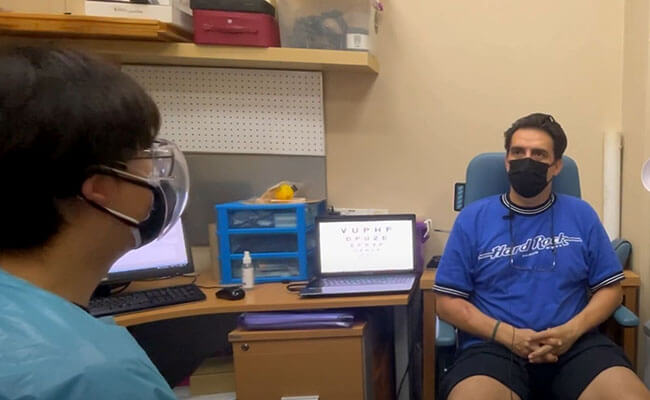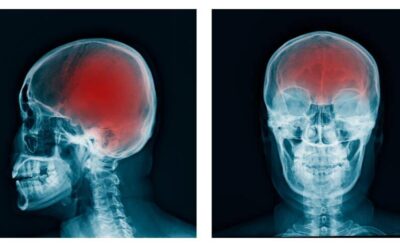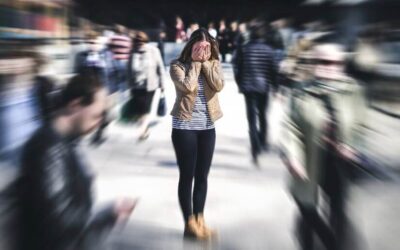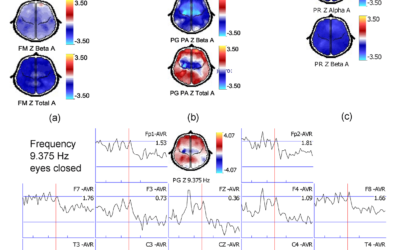Struggling with persistent double vision after a stroke, even after trying prism therapy? Meet Willem, who faced the same challenge. Despite using prisms, there was no improvement in his double vision. Specialists had told him recovery would be gradual, but the pace was frustratingly slow for Willem.
Seeking a swifter solution, Willem visited our clinic to explore faster recovery options. Discover Willem’s transformative experience with our Vision Rehabilitation program and how it significantly improved his quality of life.




